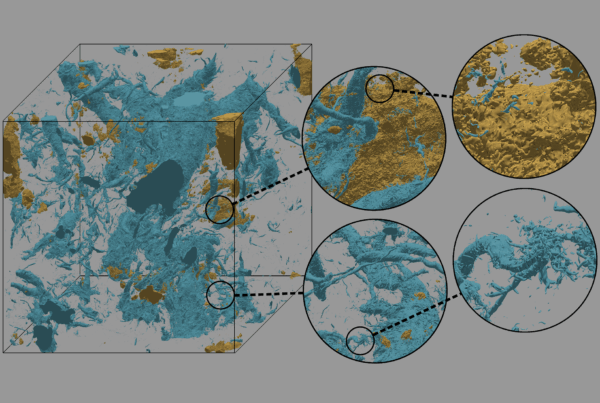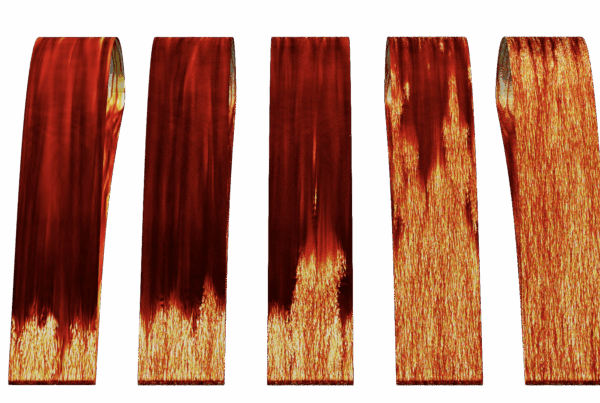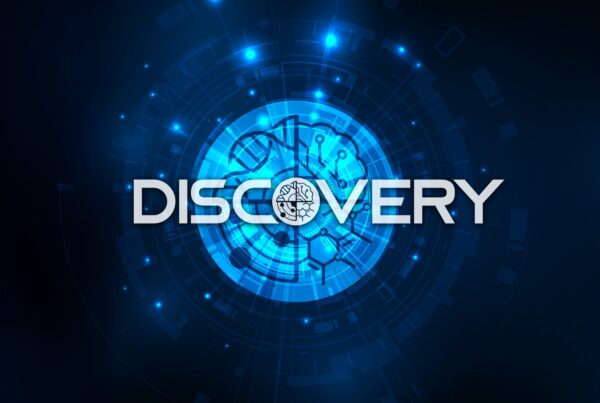Registration is open for the 2022 Lustre User Group (LUG22) conference, “the high-performance computing industry’s primary venue for discussion on the open-source Lustre file system and other technologies.” The annual conference will welcome experts from the National Center for Computational Sciences (NCCS) and around the world to discuss the latest developments in the Lustre community.

Lustre is an open-source, parallel file system that supports the world’s leading supercomputers, including systems at the Oak Ridge National Laboratory (ORNL). LUG22, which will take place virtually May 9-11, 2022, is organized by Open Scalable File Systems (OpenSFS) and hosted by the University of Tennessee, Knoxville. OpenSFS is a nonprofit committed to the development and success of Lustre through innovation, collaboration, and events. Speakers from ORNL include Rick Mohr, Dustin Leverman, Anjus George, Christopher Brumgard, James Simmons, and Sarp Oral.
“Lustre will be used on the Orion file system to host close to 700 PB of data for Frontier and all other Oak Ridge Leadership Computing Facility (OLCF) resources. It is a critical technology that benefits the OLCF and all NCCS projects, and we are expanding our capabilities and remain heavily involved in its future development. This event brings every element of the Lustre user community around the same table, from academia, industry, and across the US Department of Energy national laboratory complex,” says Oral.
Sarp Oral, the Technology Integration Group Leader at ORNL, is the president of OpenSFS. Dustin Leverman, who leads the HPC Storage and Archive Group, is serving as co-lead of the Lustre Working Group. Rick Mohr is the LUG22 Tutorials Chair and a Senior HPC System Engineer in NCCS.
UT-Battelle LLC manages Oak Ridge National Laboratory for the U.S. Department of Energy’s Office of Science, the single largest supporter of basic research in the physical sciences in the United States. DOE’s Office of Science is working to address some of the most pressing challenges of our time. For more information, visit https://energy.gov/science.






